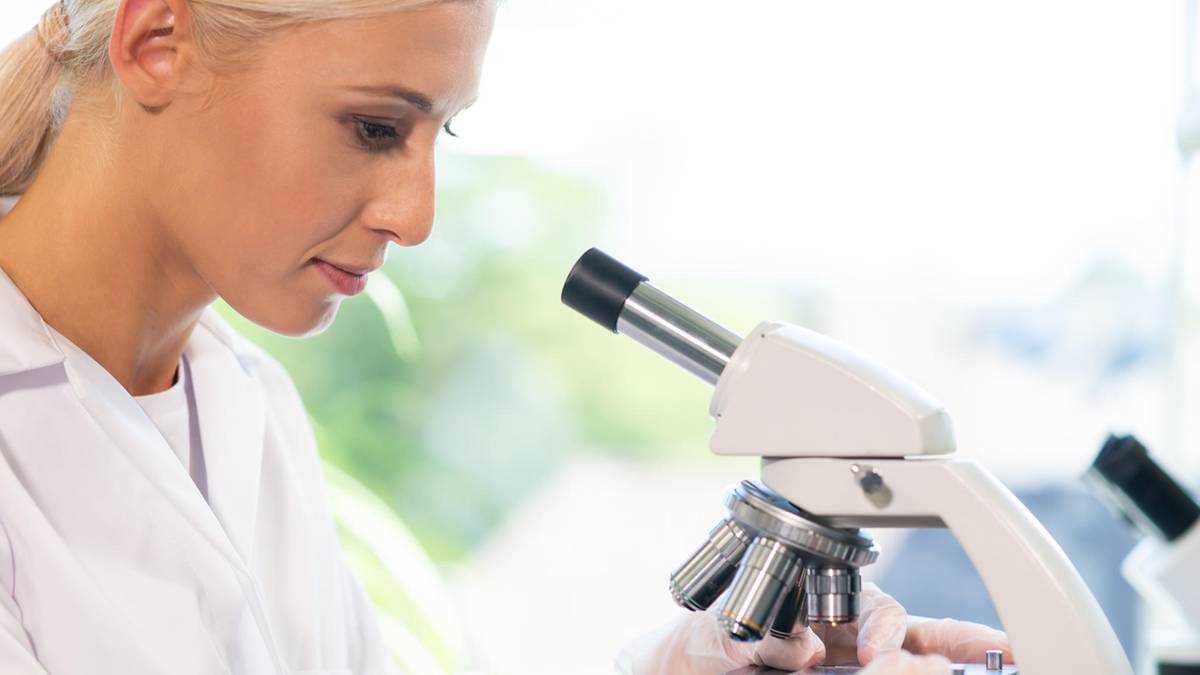Field research in the time of Corona: Bonn's virologist Hendrik Streeck is researching symptoms that are caused by the Sars-CoV-2 coronavirus. As he revealed in an interview with the newspaper "Frankfurter Allgemeine Zeitung" (FAZ), he and his team went from house to house in the particularly affected district of Heinsberg in recent days and spoke to infected people. Streeck, who heads the Institute of Virology at the University Hospital Bonn, was able to get a good overview of the symptoms of coronavirus.
The virologist reports that they discovered new symptoms, among other things. "Almost all infected people we interviewed, and this applies to a good two thirds, described a loss of smell and taste lasting several days," the virologist told the newspaper. "It goes so far that a mother couldn't smell the full diaper of her child. Others couldn't smell her shampoo, and food started to taste bland." At what point in time these symptoms appear is unclear. "But we think a little later in the infection." The researchers said they had spoken to more than 100 infected people – with the exception of inpatient cases that are treated in clinics.
Coronavirus: diarrhea "more common than previously thought"
The typical Covid 19 patient shows "only mild" symptoms, Streeck continues. "This is also the result of a Chinese study from the metropolis of Shenzhen, which found that 91 percent of those infected show only mild to moderate symptoms with a dry, irritable cough, and possibly a fever." What was striking in the examinations on the German patients was the loss of smell and taste. "In 30 percent of the cases, our infected people also had diarrhea, which is more common than previously thought."
Regarding the danger of the pathogen, he said: "The new pathogen is not so dangerous, it is even less dangerous than Sars-1." A special feature of Sars-CoV-2, however, is that it can jump from throat to throat and is therefore more infectious. According to experts, the current coronavirus is 80 percent genetically related to the Sars-1 pathogen, the cause of severe acute respiratory syndrome. Sars-1 replicates in the lungs, "it is not so infectious, but it does get on the lungs in any case, which makes it more dangerous," said the virologist. "Sars-2 is less likely to get to the lungs, which in turn leads to severe courses."
The high death rates in countries like Italy resulted from the fact that it is mainly patients with severe symptoms who are tested for the pathogen, says Streeck. "In addition, the dead are also subsequently tested for Sars-CoV-2. In China, too, the number of deaths rose sharply at the beginning, but not the number of infections, because the focus was also on the dead there." Now it is the other way around, because much more is tested in China.
In Germany, the death rate from Sars-CoV-2 is much lower than in many other countries. According to the Robert Koch Institute, there have been 12 deaths in connection with the coronavirus in 7156 patients who have been proven to be infected (as of Tuesday evening). The dead were exclusively old people. "In Heinsberg, for example, a 78-year-old man with previous illnesses died of heart failure, and that without Sars-2 lung involvement. Since he was infected, he naturally appears in the Covid-19 statistics," said the virologist. "But the question is whether he wouldn't have died anyway, even without Sars-2."
Of course, the number of deaths would also increase in Germany, "but not by the apocalyptically high numbers that are in circulation in some cases." It may well be that "in total we won't have more deaths in 2020 than in any other year."
Source: "Frankfurter Allgemeine Zeitung"
This article was originally published on stern.de.
